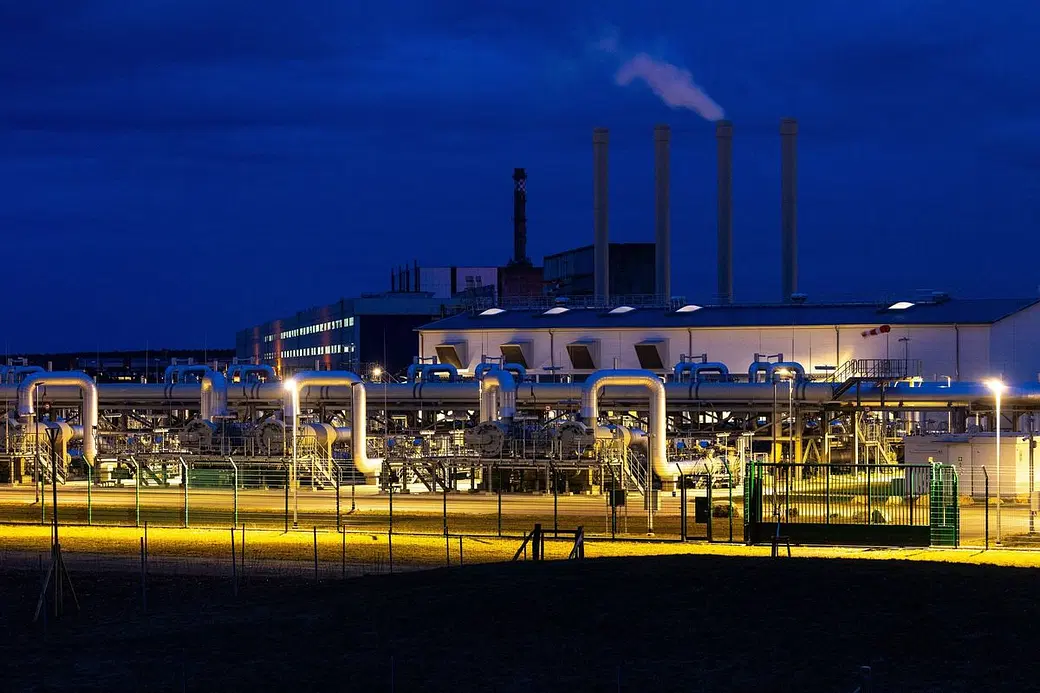Free Courses Sale ends Soon, Get It Now


Free Courses Sale ends Soon, Get It Now



Copyright infringement not intended
Context: India, like many other countries, relies heavily on imported energy resources, including crude oil and natural gas. To safeguard its energy security and hedge against price volatility, India has already developed strategic crude oil reserves with a capacity of 5.33 million tonnes. Now, India is exploring the possibility of developing strategic gas reserves to ensure a stable supply of natural gas in times of crisis or price fluctuations.
Details
Features
Significances
Challenges
Ways forward
Conclusion
Must-Read Articles:
STRATEGIC PETROLEUM RESERVES: https://www.iasgyan.in/daily-current-affairs/strategic-petroleum-reserves
GAS BASED ECONOMY: https://www.iasgyan.in/daily-current-affairs/gas-based-economy
|
PRACTICE QUESTION Q. What is the significance of developing strategic gas reserves in India, and what challenges does the country face in establishing these reserves? How can India overcome these challenges and pave the way forward for successful implementation? |
© 2024 iasgyan. All right reserved